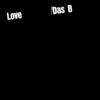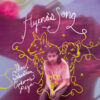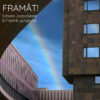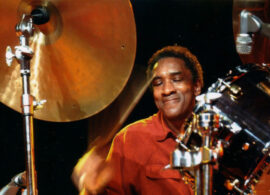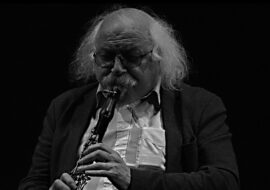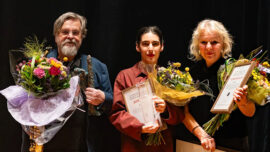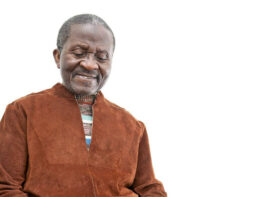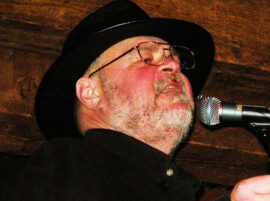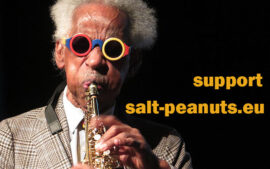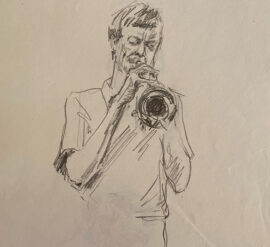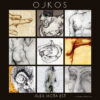
OJKOS is the Norwegian acronym for the Orchestra of Jazz Composers in Oslo, an ensemble of 16 young musicians headed by trombonist-composer Andreas Rotevatn that began working in the autumn of 2018. A prosaic explanation of OJKOS (or οἶκος) can be found also in Ancient Greek where it means family or household. And if you want to decipher another mysterious layer about he title of the debut album of OJKOS, «Alea Iacta Est», it means in Latin: the die is cast, and it refers to the statement of Julius Caesar after crossing the Rubicon river along with his army in 49 BC. It does not mean that Rotevatn compares himself to Julius Caesar, but to mark that he has reached a turning point in his musical career and was ready to compose, produce and mix a full-length album of his own compositions.
Rotevatn premiered his program of new composition at Oslo’s Victoria club in March 2019 and two months later recorded «Alea Iacta Est». He wanted to compose engaging music that would integrate his diverse influences, ranging from Igor Stravinsky, through the pompous compositions of Gustav Holst, the orchestral work of Miles Davis and Gil Evans, the catchy, minimalist works of Steve Reich, the prog-fusion of Camel, the teamwork of songwriter Rod Temperton and producer Quincy Jones, to the electronic music of Daft Punk and DJ Avicii.
«Alea Iacta Est» suggests a jazz orchestra with bright chameleon colors and a nomadic character that feel at home with prog-rock, electronica, gospel, and South-African pop music, but doesn’t bother for settle in a real home of itself. The ensemble jumps easily from one territory to another, beginning with the light and breezy «Innsegling» and «Breidablik» 1 and 2, titled after the home of the Norse god Balder. The following «Elegi Karmosin» offers a better insight into Rotevatn’s compositional strategies as it highlights the trumpeters Richard Köster, Jakob E. Myhre, and Lyder Ø. Røed playing like «old Russian women on the cold tundra». This somber atmosphere shifts instantly on the following «It’s West African» that borrows rhythmic ideas from South African pop and a minimalist pulse à la Steve Reich.
OJKOS rests with the meditative «Dikt til H» (Poem for H), with its melancholic, delicate dissonances, and «Khorovod Prayer», inspired by Stravinsky’s The Rite of Spring and Davis and Evans’ «Prayer» classic «Porgy & Bess» (Columbia, 1959), where Rotevatn employs cleverly the orchestral colors of OJKOS. Then the ensembles jump into «Helter Skelter 2», obviously, referring to the Beatles’ song from «White Album» (apple, 1968), and using the manipulated, singing voice of Charles Manson as its basic melody that triggers a tortured, rhythmic drive. This journey ends peacefully with the gentle and touching, gospel-tinged «Snow in Treschow».
Eyal Hareuveni
Henriette H. Eilertsen (fl), Rakel E. Paulsen (flu), Marie Rotevatn (cl, bcl), Tina L. Olsen (bs), Richard Köster (tp), Jakob E. Myhre (p), Lyder Ø. Røed (tp), Johannes F. Solvang (tb), Andreas Rotevatn (tb), Steffen Granly (tuba), Kristoffer Håvik (Rhodes, Moog); Arne Martin Nybo (g), Mike McCormick (g, laptop), Alexander Hoholm (b), Knut K. Nesheim (vib, perc), Henrik Lødøen (dr)

